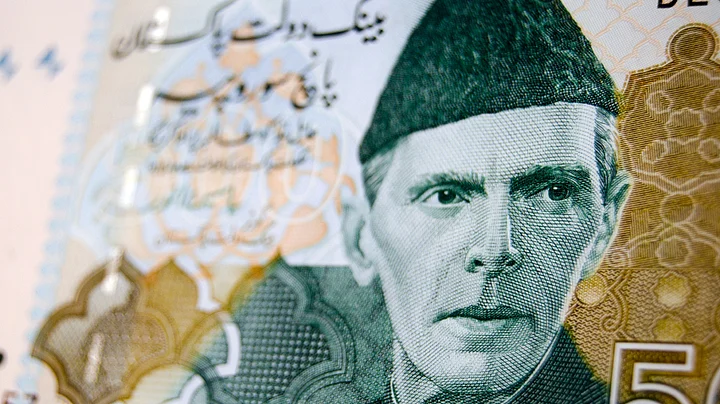(This article was first published on 10 August 2015. It is being reposted from The Quint’s archives to mark Mohammad Ali Jinnah’s death anniversary.)
…the whole world is wondering at this unprecedented cyclonic revolution which has brought about the plan of creating and establishing two independent Sovereign Dominions in this sub-continent. As it is, it has been unprecedented, there is no parallel in the history of the world.Mohammad Ali Jinnah
On 11 August 1947, Mohammad Ali Jinnah, Pakistan’s founder and Quaid-e-Azam (Great Leader), managed to capture the sheer size of the undertaking to Partition India beautifully, in his first Presidential address to the Constituent Assembly of Pakistan.
As the leader, who was at the forefront of the campaign for the Partition of India and the establishment of the state of Pakistan, he chose to justify the move while also acknowledging that not everyone shared his point of view.
A division had to take place. On both sides, in Hindustan and Pakistan, there are sections of people who may not agree with it, who may not like it, but in my judgement there was no other solution, and I am sure future history will record its verdict in favour of it.
The Big Secret
Larry Collins and Dominique Lapierre, in their book Freedom at Midnight, argue that the Partition of India could have been avoided if “the most closely guarded secret in India” had become known – Jinnah was suffering from tuberculosis which was slowly but surely killing him.
Here’s an excerpt from the book:
“If Jinnah had been just an unfortunate victim of tuberculosis, he would have been confined in a sanatorium for the rest of his life. Jinnah, however, was not a normal patient. When he was released from hospital, Patel brought him to his office. Sadly, he revealed to his friend and patient the fatal illness which was stalking him. He was, he told Jinnah, reaching the end of his physical resources. Unless he severely reduced his work load, rested much more frequently, gave up cigarettes and alcohol, and eased the pressures on his system he did not have more than one or two years to live.
The knowledge of one’s own slow demise would have broken the will of most people, but Jinnah remained a man unmoved.
Nothing except the grave was going to turn him from the task to which he’d appointed himself of leading India’s Moslems at this critical juncture in their history.
If word of his illness had got out, there was a possibility that those in Opposition to Jinnah’s Pakistan would have stalled the entire process, until he was too ill or had passed away. Without his iron will, it would have proved easier to convince his followers that Partition was best avoided.
Jinnah knew that if his Hindu enemies learned he was dying, their whole political outlook could change. They might wait until he was in his grave, then unravel his dream with the more malleable men underneath him in the hierarchy of the Moslem League.
He was not going to let his rendezvous with death cheat him of his other rendezvous with history. With extraordinary courage, with an intense and consuming zeal that sent his life’s candle guttering out in a last harsh burst of flame, Jinnah lunged for his lifetime’s goal. ‘Speed,’ Jinnah had told Mountbatten in their first discussions of India’s future, was ‘the essence of the contract’. And so, too, had it become the essence of Mohammed Ali Jinnah’s own contract with destiny.”
(At The Quint, we question everything. Play an active role in shaping our journalism by becoming a member today.)
